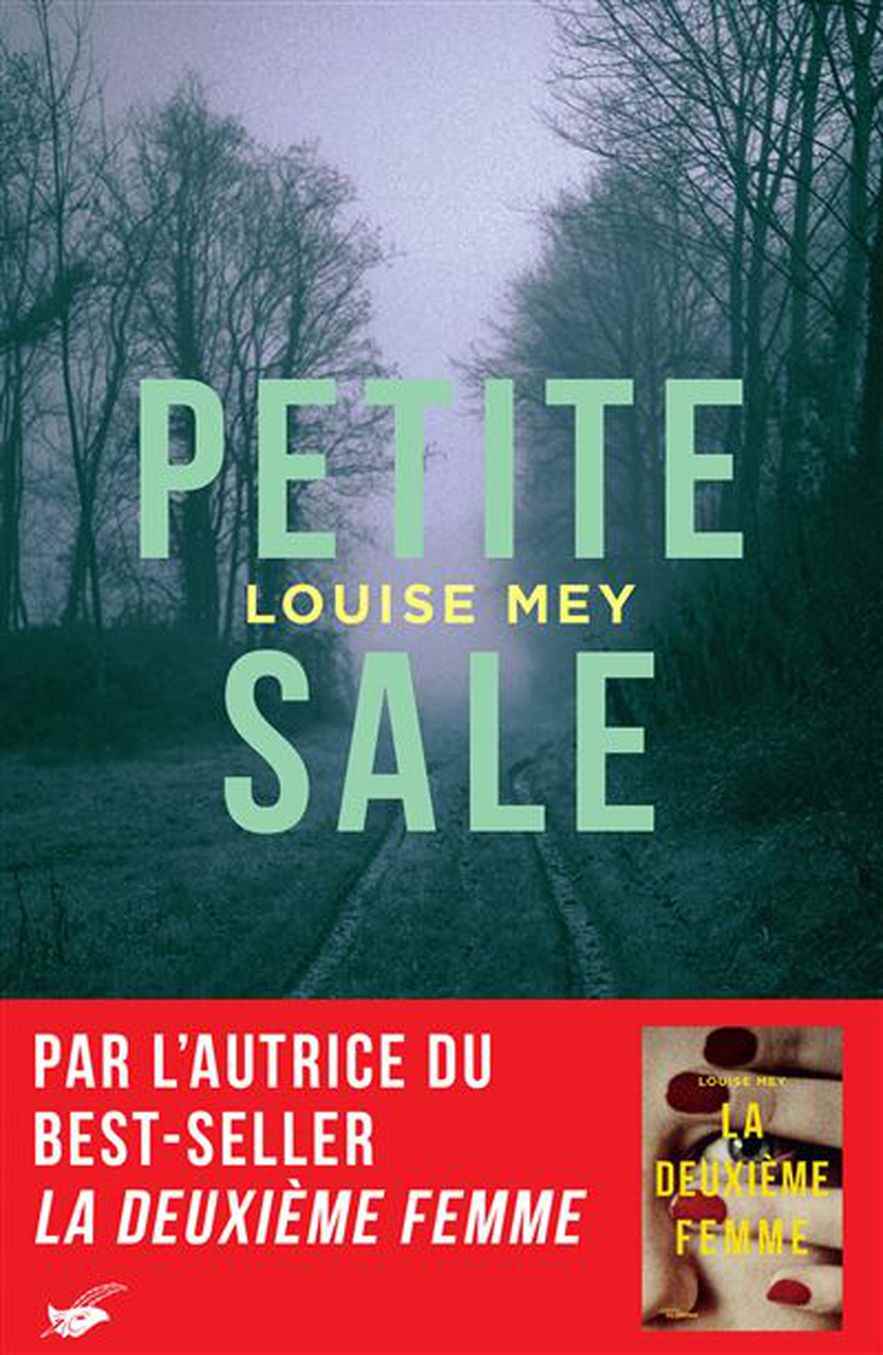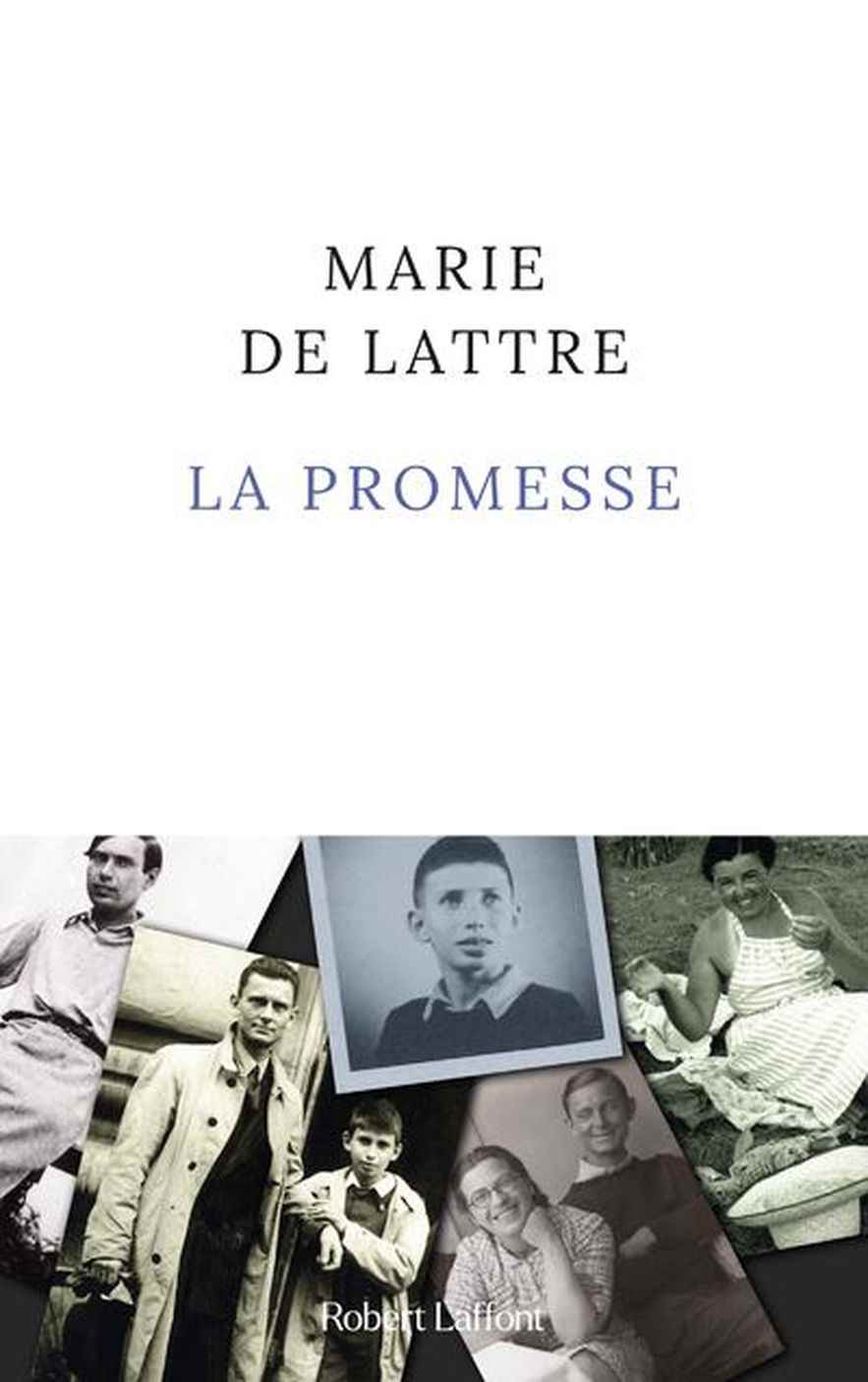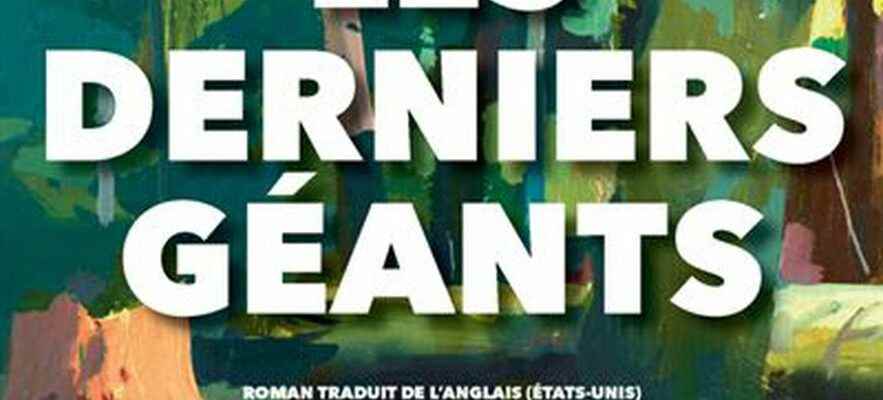The Last Giants
By Ash Davidson, trans. from English (United States) by Fabienne Duvigneau.
Actes Sud, 528 P., 24.50 euros.
Express rating: 5/5
The Last Giants, by Ash Davidson (Actes Sud)
© / South Acts
The last giants that give this novel its title are the huge centuries-old redwoods that stand along the coast of northern California. It’s 1977, and Rich Gundersen, in his fifties, a lumberjack for the Sanderson company, acquires, by means of a heavy loan, a still intact piece of land which should ensure better days for his family, and in particular for his son, Chub. Rich doesn’t say a word to his wife Coleen, so as not to worry her: the young woman is coming out of a traumatic miscarriage. Which is not his first, far from it. Nor the only one in the vicinity, where the malformations of newborns multiply. Daniel, a half-breed Indian with whom Coleen had an affair in the past, alerts her to water pollution caused by the weedkillers used by Sanderson… which are essential for Rich to gain access to his plot.
For her first novel, the American Ash Davidson, originally from northern California, signs a rural fresco where everything rings true. From the slightest gesture between Rich and Coleen to the power relations that govern the community of lumberjacks, in which to criticize the employer who allows everyone to feed themselves, to define themselves, exposes them to becoming an outcast. The author gives thickness and nuance to all her characters – even the dogs! –, and avoids any Manichaeism in the face-to-face encounter between loggers and environmental activists, thus making their dilemmas and heartbreak transposable to many places in today’s world. Bertrand Bouard
Little Dirty
By Louise Mey.
The Mask, 378 pages, €21.50.
The rating of L’Express: 4/5

Petite Sale, by Louise Mey (The Mask)
© / The mask
“Invisible, negligible quantity, little dirty”: this is what they say of Catherine, soon to be 19, “good for everything” at the Domaine de Monsieur, a 500-hectare farm in the north of France. She has nothing, this “fearful mouse” which exudes “something poor, desperate, a class nudity”; Monsieur, he owns everything, the land, the pigs, the fields, the beets, and employs more than half of the men in the village. But on February 10, 1969, a tragedy affected him personally: his 4-year-old granddaughter suddenly disappeared in the farmyard while Catherine was bringing her back to her parents. Two days later, he received an anonymous letter requesting a ransom of 2 million francs.
In view of his high-placed connections, two police officers are dispatched from Paris to team up with the local gendarmerie. However, their investigation is bogged down as the testimonies are scanty, the unspoken tenacious, the resentments swept under the carpet: exploited workers, aggrieved peasants, abused servants, no one flinches, no one wants to alienate Monsieur; Catherine even less, who is always more invisible, so much so that the cops hardly question her… Revealed by The Second Woman, her fourth thriller, Louise Mey gives here the full measure of her talent, both to denounce a social domination and a deadly patriarchy and to maintain a straight line of suspense in a setting of mud, cold humidity, darkness. His unadorned, hard-hitting, singular style orchestrates a parade of well-defined characters, whether hateful or endearing. And Little Dirty especially reserves a jubilant outcome. Delphine Peras
The promise
By Marie de Lattre.
Robert Laffont, 232 pages, €20.
The rating of L’Express: 4/5

The Promise, by Marie de Lattre (Robert Laffont)
© / Robert Laffont
The (true) story is so incredible that revealing it won’t spoil the reading pleasure. Both Jewish immigrants, Ismak and Frieda meet in the bohemian Paris of the 1920s. They have a son, Jacques, and a good family friend named Pierre de Lattre. Pierre becomes Frieda’s lover while Ismak leads an adulterous relationship with a certain Madeleine. In 1942, Ismak and Frieda were arrested and deported. Knowing they are doomed, they entrust Jacques to their respective lovers. Pierre and Madeleine will then make this sacrifice: they will marry, adopt and raise the child in memory of Frieda and Ismak. Marie de Lattre is the daughter of Jacques. She tells in The promise this family secret which was revealed to her when she was a teenager, and which she has never stopped investigating since, zigzagging through this troubled past like certain heroes of Modiano, and with the fragile and touching humor that we found in the books of Christophe Boltanski.
The many readers of Postcard by Anne Berest should discover The promise, which on a similar theme turns out to be deeper and more moving. At the end of her story, Marie de Lattre confesses to having taken twenty years to overcome it. Many professional novelists publish every two years without having anything to say. We do not know what will be the literary future of Marie de Lattre. Perhaps she will remain as the author of a single book. Better to have written a memorable book than a bunch of dispensable pensums. In this sense, The promise is an accomplishment. Louis-Henri de La Rochefoucauld
